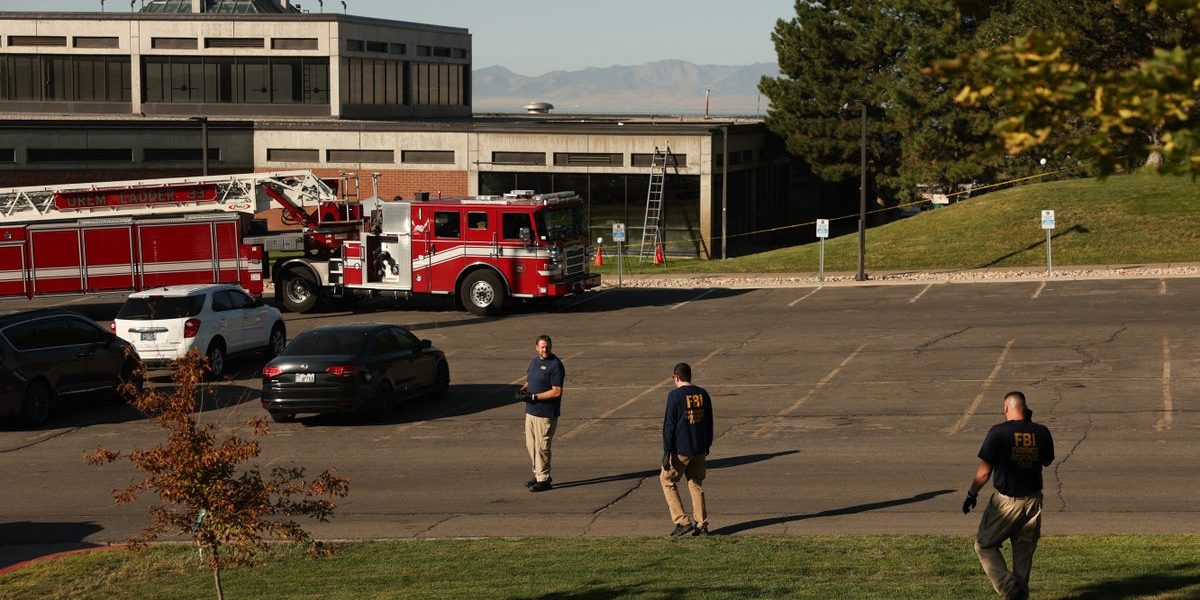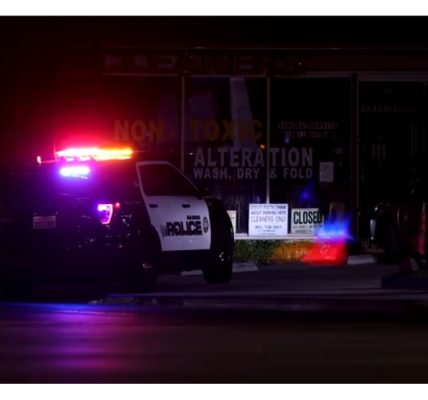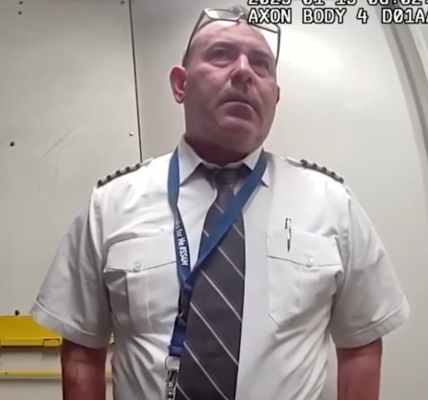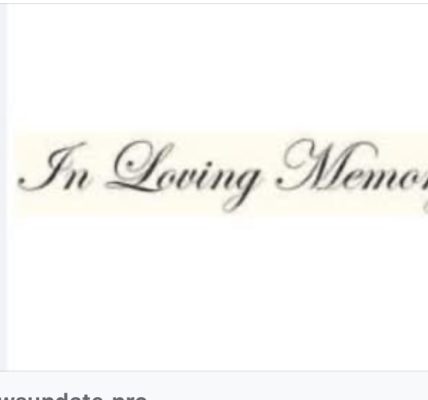Charlie Kirk’s killing could test the FBI – an agency stretched thin by Kash Patel’s focus on serving Trump’s agenda
The FBI’s response to the fatal shooting of right-wing activist Charlie Kirk in Utah has underscored the dramatic changes to the nation’s premier law enforcement agency under Donald Trump, whose administration has purged agents and moved officers away from fighting crime to arresting immigrants.
A federal investigation into Kirk’s assassination marks one of the first major tests for FBI Director Kash Patel following Trump’s transformation of the agency into a tool for his political agenda, focusing on investigations into the president’s rivals, street crime and enforcing an anti-immigration agenda.
Robert Bohls, the FBI special agent in charge for the field office in Utah, has been in office less than a month. He replaced a career official with a background in domestic terrorism who had been appointed to the role in February.
Patel, a Trump ally who was friends with Kirk, had prematurely congratulated federal, state and local agents Wednesday for arresting “the subject for the horrific shooting today” — only to backtrack hours later with an announcement that no persons of interest were in custody.
Historically, the agency chief is careful about releasing information about fluid investigations, yet Patel appeared to be taking the lead with public messaging. Shortly after Patel’s initial post on X, law enforcement officials held their first on-camera briefing after Kirk’s assassination — and appeared to contradict what Patel had announced just moments earlier.
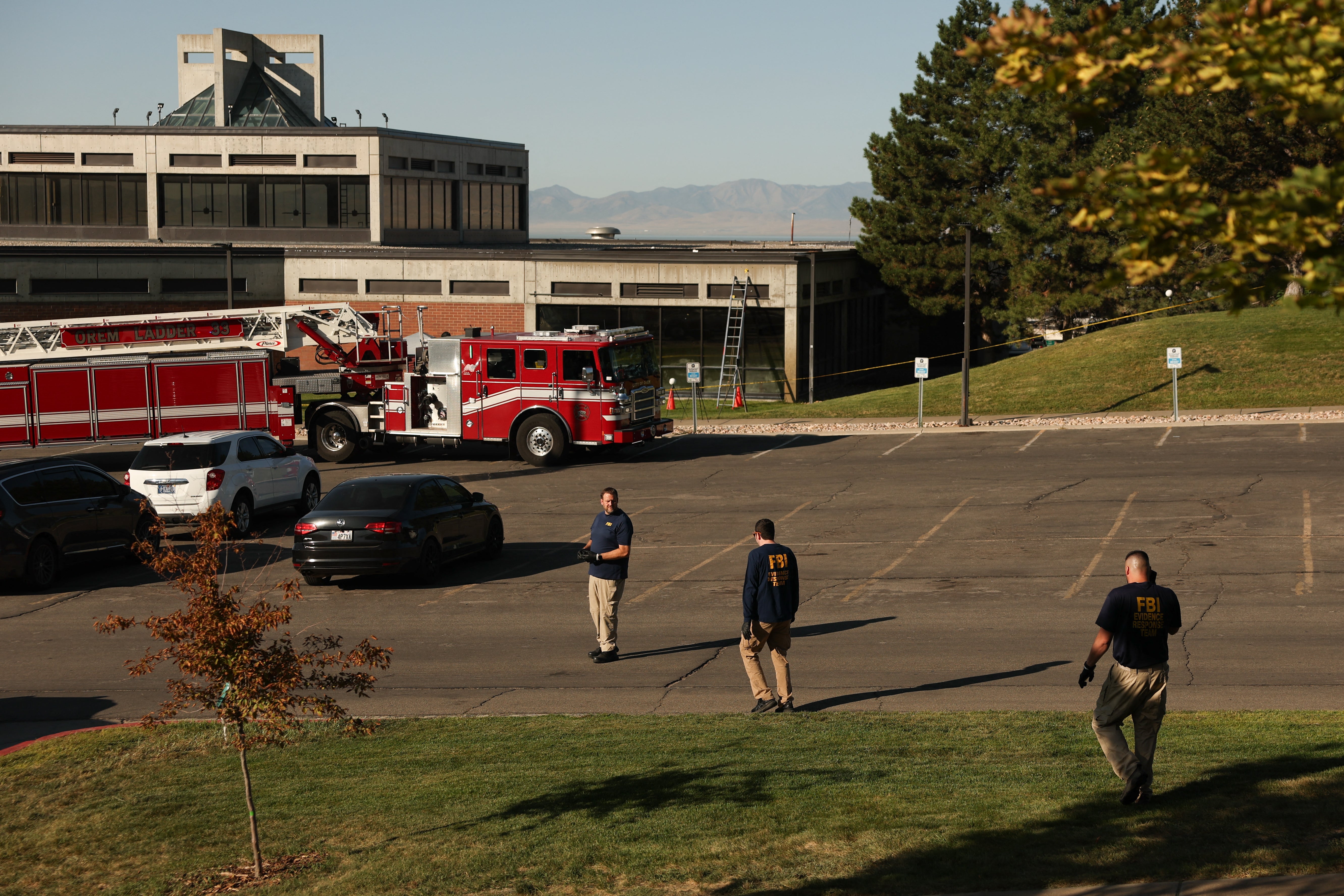
The confusion and public backtracking in the immediate aftermath of Kirk’s death also followed a lawsuit from three former FBI agents who portrayed Patel and his deputy, Dan Bongino, as out of their depth, politically motivated and so obsessed with social media that it could “risk outweighing more deliberate analyses of investigations.”
Patel and Bongino allegedly told FBI officials that they should be “posting more about their successful investigations and other ‘FBI wins’ on social media,” according to the lawsuit.
“Historically, the FBI has been very cautious about releasing information to ensure that when they do, it is accurate,” according to former FBI agent Katherine Schweit, author of Stop the Killing: How to End the Mass Shooting Crisis and How to Talk About Guns With Anyone.
“And I think what we’re experiencing right now is a learning curve for a whole bunch of people who are getting an upfront look at the complexity of managing an investigation of this level,” she told The Independent.
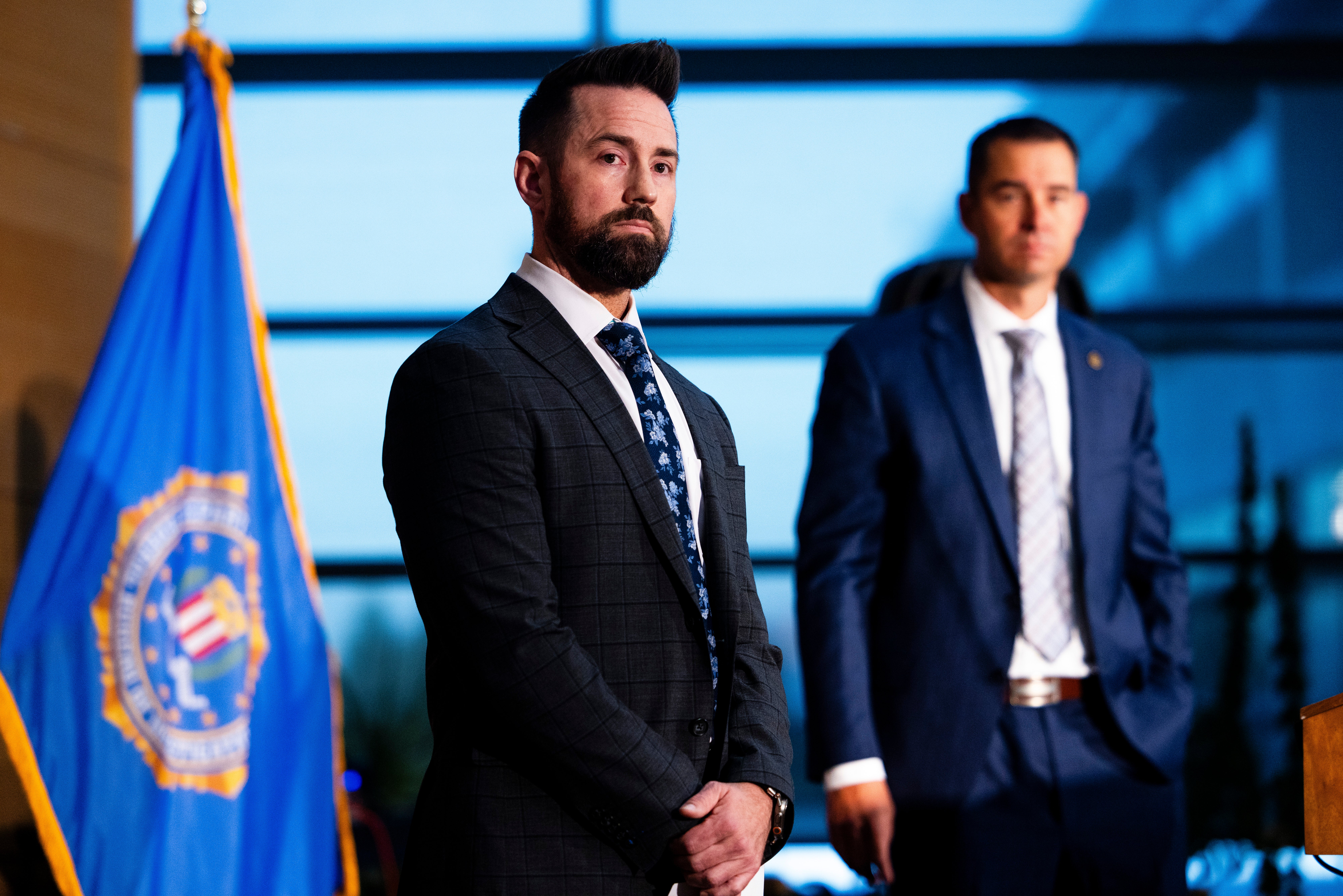
Mehtab Syed, the former FBI special agent in charge in Salt Lake City, was reportedly forced out of the job in August.
Associate Deputy Director J. William Rivers, who works for Bongino and Patel, told her that she wasn’t a good fit for the office, according to MSNBC.
The FBI has released images of a person of interest, but a suspect was still on the loose more than 24 hours after climbing up to the roof of a campus building, firing a single shot from a bolt-action rifle and vanishing from the scene. The gun was later found by investigators.
The agency also announced a $100,000 reward for information leading to an arrest, an amount that far-right activist Laura Loomer called a “slap in the face” to Kirk.
“This is honestly embarrassing for the FBI and our country,” she wrote on X. “What a slap in the face to Charlie Kirk.”
Minutes before announcing that “the subject for the horrific shooting” was in custody, Patel posted a photo of himself with Kirk on his personal X account, writing: “Rest in peace my friend, conservative titan Charlie Kirk. I am praying for Charlie and his family. His passion for America and fearless leadership inspired millions and his impact will live on in this movement for generations.”
The Independent has requested comment from the FBI.
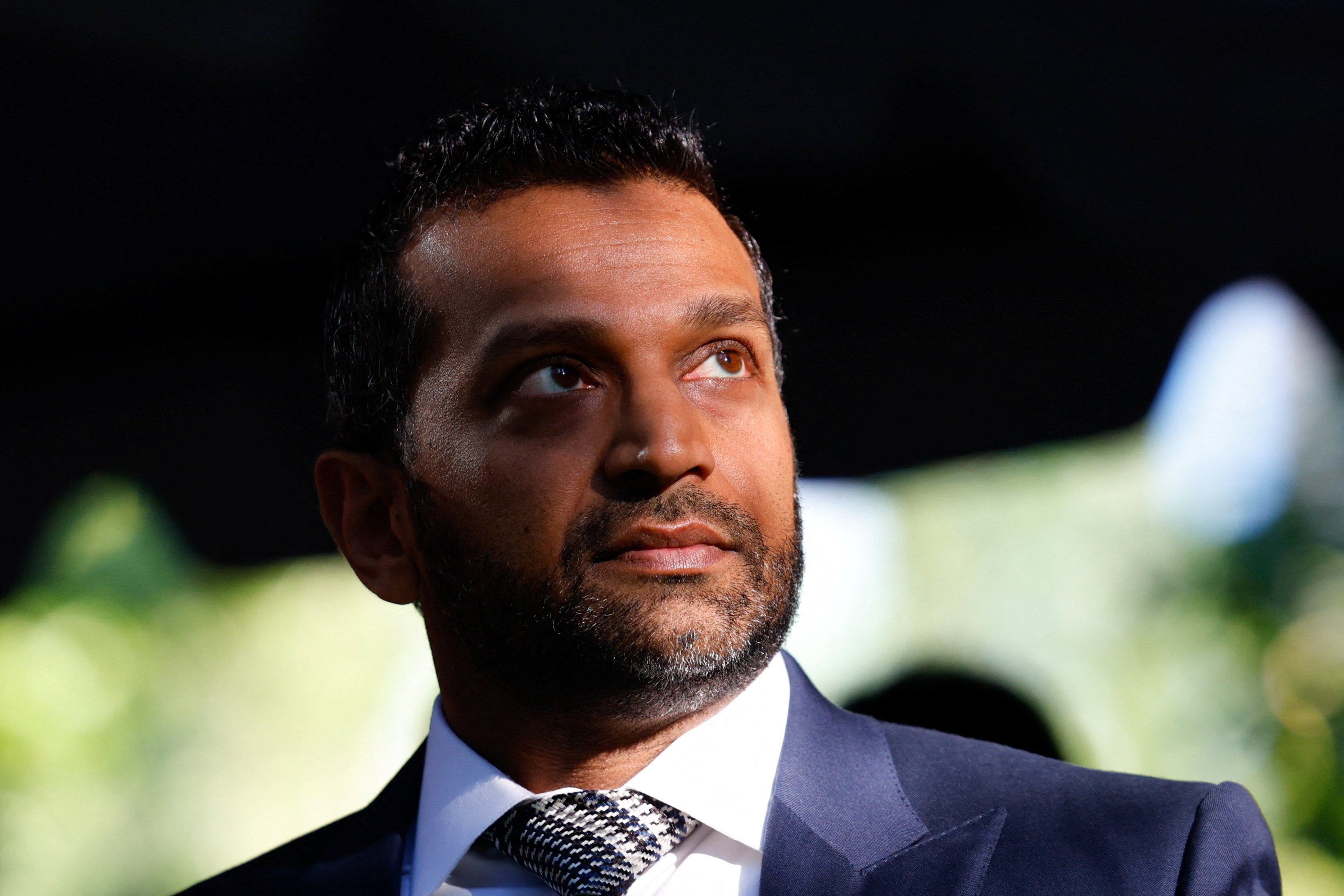
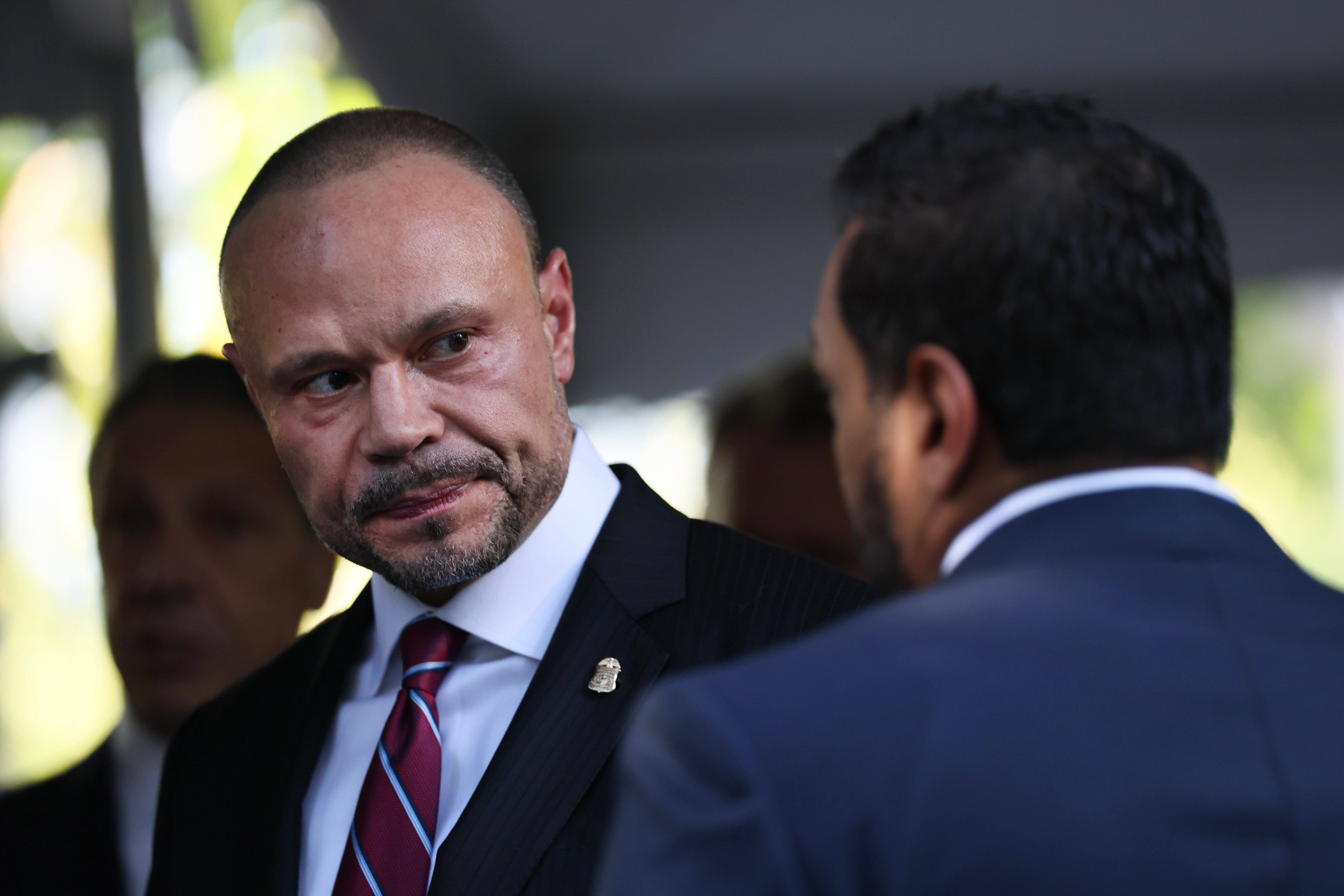
The shooting and lawsuit follow a tumultuous nine months at the FBI, which the president has sought to reshape with loyalists to dominate an agency that Trump believes has been weaponized against him.
Former agents have warned that the administration launched a politically motivated purge at the FBI by gutting career nonpartisan law enforcement agents to make way for officials who are more aligned with the president. Thousands of officers across the nation’s federal law enforcement agencies have also been diverted to immigration enforcement to support Trump’s mass deportation agenda.
Immigration and Customs Enforcement has been supported by roughly 17,000 other agents , including 14,500 federal criminal law enforcement officers, according to records reviewed by libertarian think tank the Cato Institute.
That diversion reportedly includes nearly 90 percent of Homeland Security Investigations agents, one in five U.S. marshals, half of Drug Enforcement Administration agents, more than two-thirds of Alcohol, Tobacco, Firearms and Explosives agents — and nearly 3,000 FBI agents, or roughly one in five officers at the bureau.
While it’s not unusual for federal personnel to leave the agency, “it is important that new leadership trust and rely on the experience of the people who are on board,” according Schweit.
“These professionals have been through crisis after crisis after crisis,” she told The Independent. “That’s part of the job of the FBI. So they have a deep bench in terms of knowledge that should be relied on.”
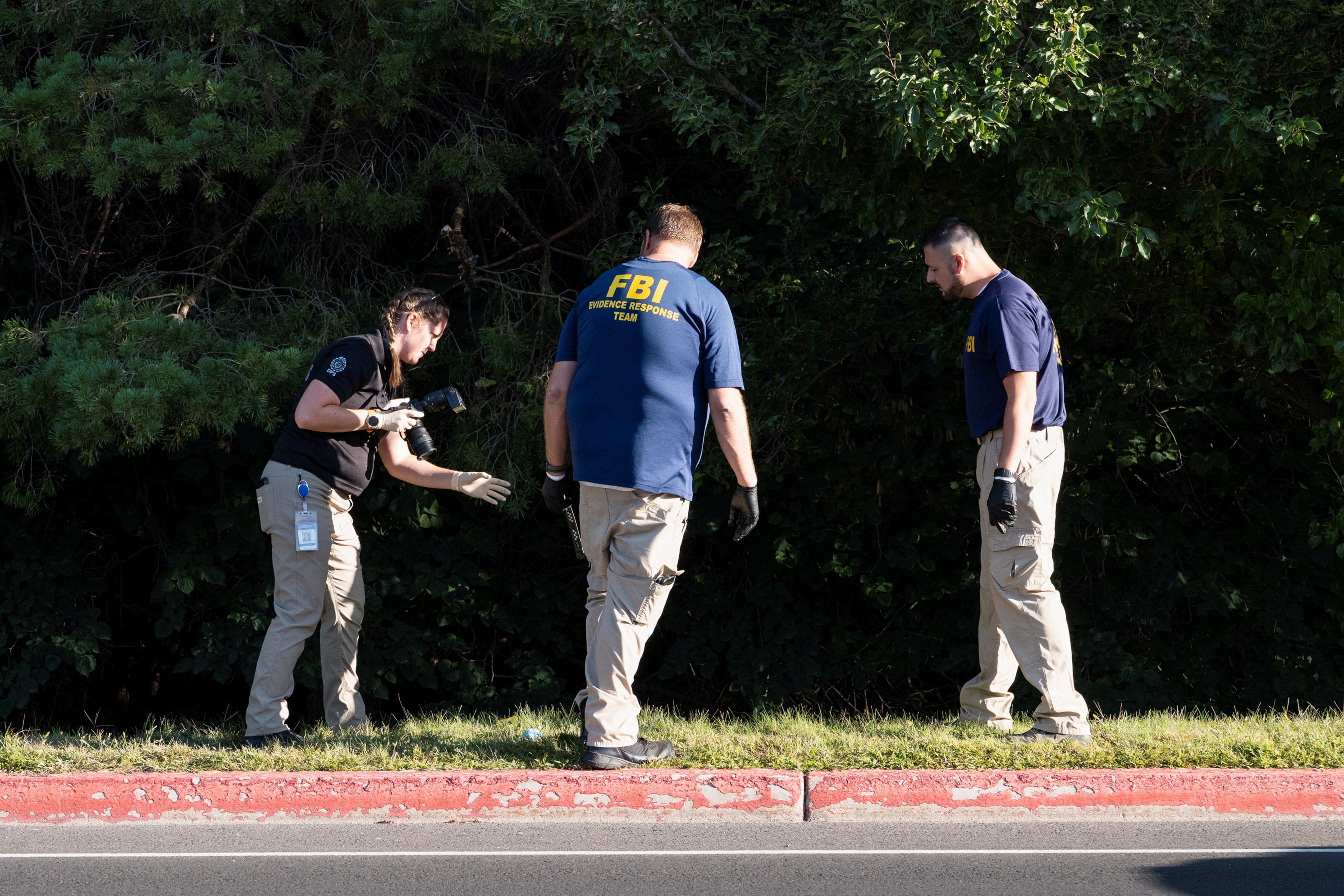
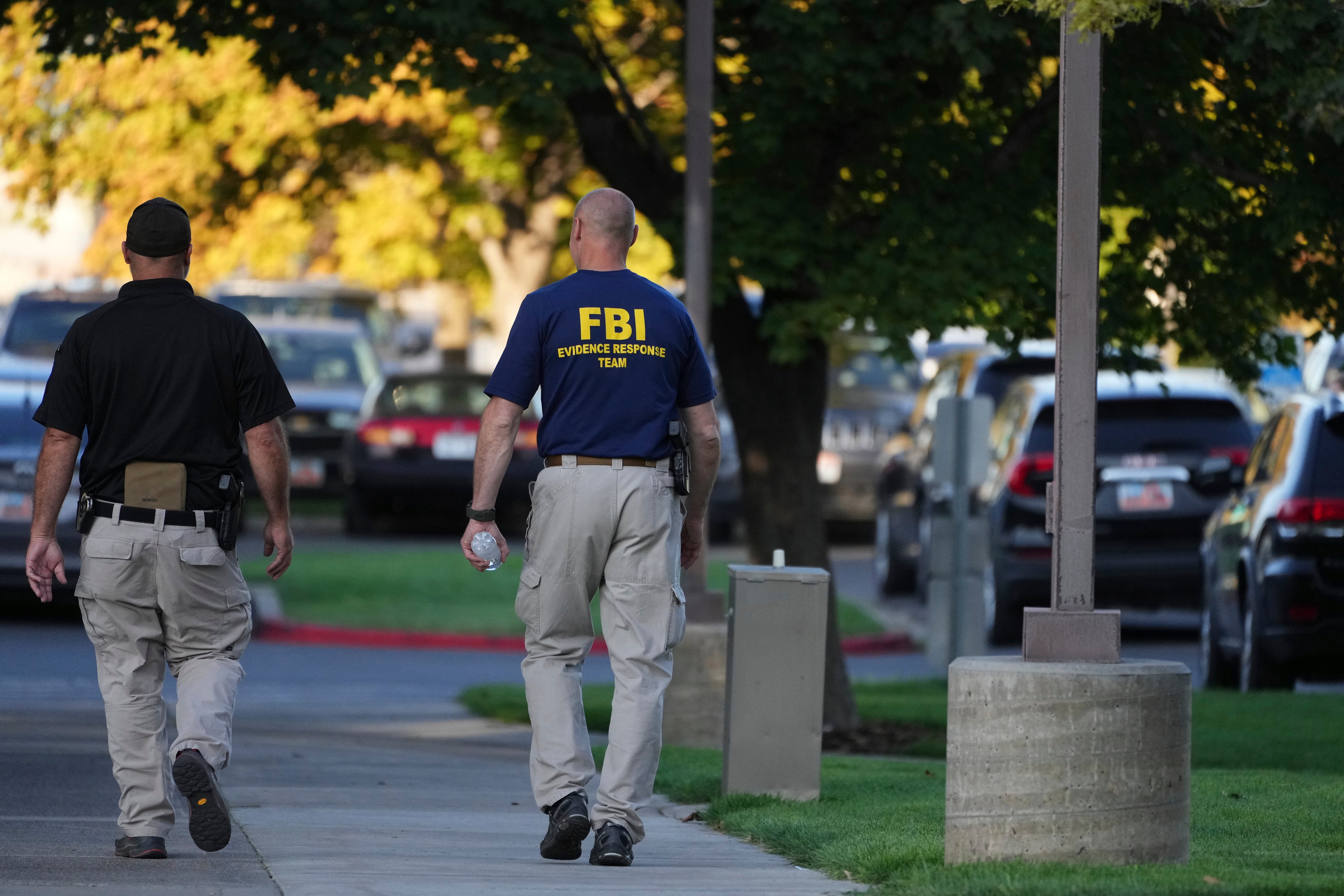
In an interview with Fox Business Network, Patel defended the agents’ firings, saying they were aimed at “ridding this place of its former leadership structure that did that weaponization.”
The firing of Brian Driscoll, who briefly served as acting FBI director while Patel’s nomination was being confirmed in the Senate, reportedly shocked agents at the bureau.
After agreeing to temporarily lead the agency, Driscoll was quizzed about his voting history, whether he agreed that FBI agents who “stormed Mar-a-Lago” should be “held accountable” and if he had ever voted for a Democratic candidate in the last five elections, according to the lawsuit by former agents and filed this week.
Patel later allegedly told Driscoll that the Justice Department and White House had “directed him to fire anyone who they identified as having worked on a criminal investigation” against Trump, according to the complaint.
Patel then explained there was nothing he or Driscoll could do to stop the firings, because “the FBI tried to put the president in jail and he hasn’t forgotten it,” the lawsuit states.
Following Trump’s inauguration, Department of Justice officials ordered the FBI to compile a list of personnel who worked on investigations surrounding the January 6 attack, “potentially encompassing more than 5,000 employees or roughly 13 percent of the FBI workforce,” according to the lawsuit.
That alleged order triggered several lawsuits from agents seeking to shield themselves from retaliation, after Trump issued mass pardons for virtually every rioter.

